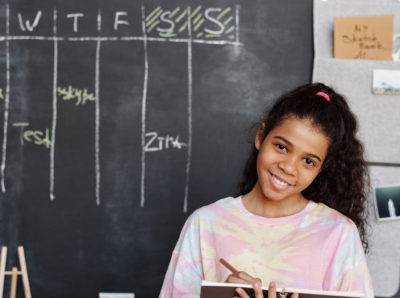OVERVIEW OF ELEMENTARY PROGRAM
Our Elementary Montessori Program is designed for children aged 6-12 and is committed to the principles of Montessori Quality Assurance (MQA) with Association Montessori Internationale (AMI) Canada. The program is led by a bilingual AMI-trained Elementary Montessori Director, supported by a bilingual and fully trained AMI Montessori Elementary Assistant, ensuring a rich and engaging learning environment where students develop independence, intellectual curiosity and academic growth. The program also provides a bilingual English and French environment, with a French curriculum that is naturally embedded, while core Montessori lessons are prioritized in English to maintain the integrity of the AMI curriculum.
Our AMI Montessori curriculum naturally integrates music, sport and the arts as part of the child’s Cosmic Education, nurturing creativity, physical development and artistic expression.
Our AMI Montessori curriculum naturally integrates music, sport and the arts as part of the child’s Cosmic Education, nurturing creativity, physical development and artistic expression.

